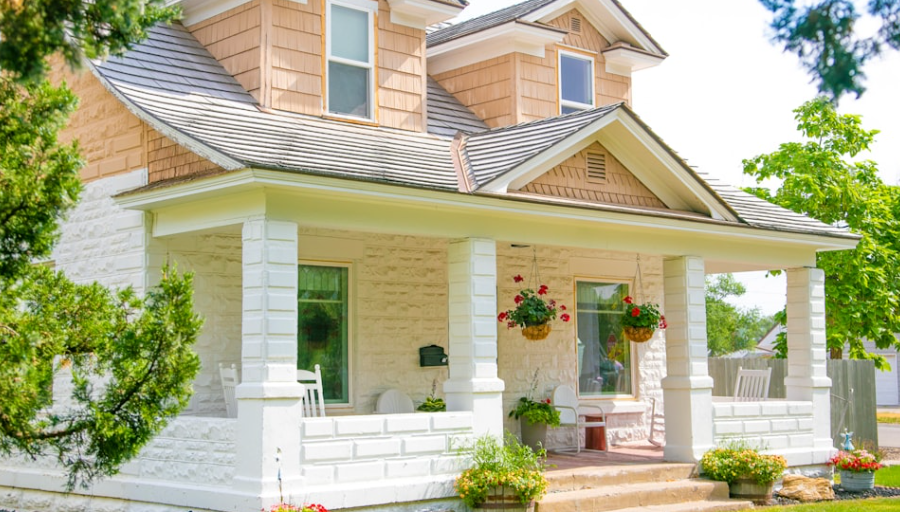Setting Your Home Buying Budget
Posted Dec 5th 2023
in
RealEstate
Purchasing a home is likely one of the most significant financial investments you’ll ever make. While it’s exciting to shop for your dream house, it’s important to set a realistic budget first to ensure you choose a property that truly fits within your means long-term. Going over budget can lead to financial hardship if ownership expenses become too burdensome.
Figure Out Your Finances
The best place to start when setting your home-buying budget is assessing how much you can responsibly afford for a monthly mortgage payment. A standard guideline is the 28% rule – aiming for your mortgage PITI (principal, interest, taxes, insurance) to be less than 28% of your gross monthly income. The FHA allows up to 31%. However, this only accounts for one expense of homeownership.
You’ll also need to factor in other debt obligations like student loans when calculating your overall debt-to-income ratio. Lenders typically want to see this figure remain under 43% to ensure you’re not overextended. Considering all monthly debts versus pre-tax income will give a fuller picture of affordability. Smaller housing expenses are usually more realistic for those with higher debt loads.
Don’t forget to account for living costs beyond just the mortgage. Factors like home insurance, property taxes, utilities, repairs and maintenance can add thousands per year. Get estimates tailored to the neighbourhoods you’re considering. HOAs also involve additional dues. Build a thorough budget to cover both routine and occasional special assessments.
Your down payment amount should inform the appropriate home price as well. Aim to put 20% down when possible to avoid private mortgage insurance fees altogether. But even 10% leaves more cash reserved for closing costs, moving expenses and home furnishings. Seek out first-time buyer programs if a smaller down payment makes sense.
Contemplate Location
Location is another large influence on budget. Factor region-specific tax rates, insurance costs, utility pricing, and typical repair expenses into affordability projections for different areas. Consider commuting expenses too if further from employment. Contact local lenders for average housing stats.
Be Critical and Intentional With What You Want
Once you’re pre-approved, view listings critically. Your budget defines what features and conditions you can realistically manage long-term. Resist the lure of bigger-than-planned square footage or premium upgrades. An inspector can note maintenance needs, but new issues always surface. Budget at least 1-3% of the home’s value annually for unexpected costs.
With careful calculation, a solid financial plan supports pursuing your housing dreams within sensible limits. Speaking to a knowledgeable real estate agent can also refine target lists and strategies. They’ve seen countless budgets and can spot red flags to avoid buyer’s remorse. Sticking close to a meticulously researched maximum spending cap leads to sustainable, stress-free homeownership.
Make Your Homebuying Dreams a Reality
Calculating a well-informed budget is the first step on your homebuying journey. Don’t overlook this important stage, or you may end up in over your head later on. Our experienced local real estate agents are ready to guide you through the budgeting process with expert market analysis and answer all of your questions. Contact the Baird Team today to get started setting an achievable budget that will allow your housing dreams to become a smooth financial reality.
We can help with buying homes in Courtice, Bowmanville, and Oshawa.





